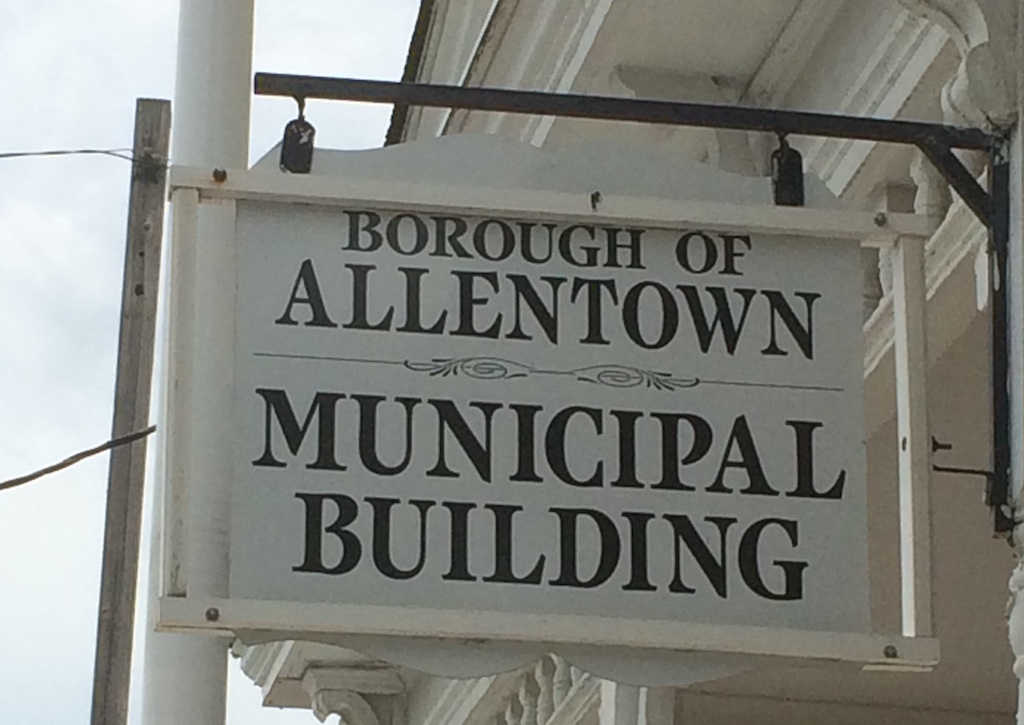ALLENTOWN – The Borough Council has authorized the expenditure of municipal funds to restore a deed of historical significance.
On July 10, council members authorized an expenditure not to exceed $3,000 to help fund the restoration of an Aug. 12, 1774, deed.
Council members said the New Jersey Chapter of the Society of Colonial Wars has offered a $2,000 grant to aid in the costs associated with restoring the deed if Allentown would provide the remaining funds needed to completely fund the project. The cost to restore the deed will not exceed $5,000, according to a resolution passed by the governing body.
The council’s Buildings and Grounds standing committee supported the expenditure of funds to complete the deed restoration, specifically with the addition of the $2,000 grant. The council agreed to pay the balance of the restoration and expressed its appreciation to the New Jersey Chapter of the Society of Colonial Wars “for their generous grant that will allow the municipality the opportunity to preserve an additional piece of history.”
The historical significance of the Aug. 12, 1774, mill deed is relayed in a statement which reports, “With the approach of the Revolution, Monmouth County split along political lines. While some of the populace were considered Tories, who supported King George III, those in Allen’s Town (Allentown) were primarily revolutionaries, known as Whigs.
“As a result of the Boston Tea Party on Dec. 16, 1773, England barricaded Boston Harbor. Paul Revere traveled to New York City and Philadelphia asking for assistance. In Allen’s Town, the request for aid was enthusiastically received.
“On July 27, 1774, notices appeared asking residents to deliver donations of either grain or money to Robert Rhea at Allen’s Town or Abraham Hendricks in Imlay’s Town (Upper Freehold Township). Shortly thereafter, on Aug. 12, 1774, Robert Rhea takes ownership of the Allen’s Town mill from his deceased brother’s estate.
“The deed … includes the signatures of five members of Paul Revere’s Philadelphia Committee, most notably Trenton-born Joseph Reed, former secretary of New Jersey and Pennsylvania’s executive during the coming war.
“John Burrows of Middletown Point (Matawan) offered the use of his sloop to transport the contributions to Massachusetts. In one shipment, the record shows that Bostonians received 14 bushels of rye and 50 barrels of rye meal from Monmouth County, along with the promise to provide ‘a considerable addition,’ if needed, to ‘stem the torrent of Ministerial and parliamentary venge[a]nce.’ ”
Historian John Fabiano of the borough, who requested the support from the council, clarified that the Allen’s Town mill referred to in the Aug. 12, 1774, deed is not the building that is now referred to as the Old Mill in Allentown.
Fabiano said the deed refers to a previous building near where the Old Mill stands. He said supplies from Allentown assisted residents of Boston who felt the effects of the blockade of Boston Harbor.

